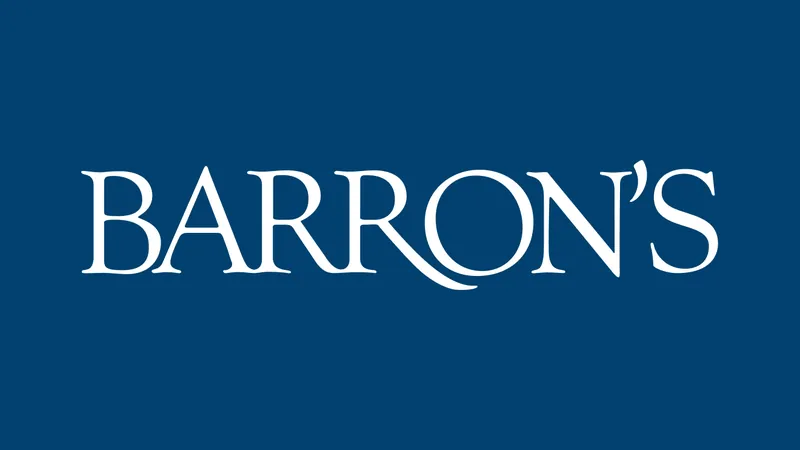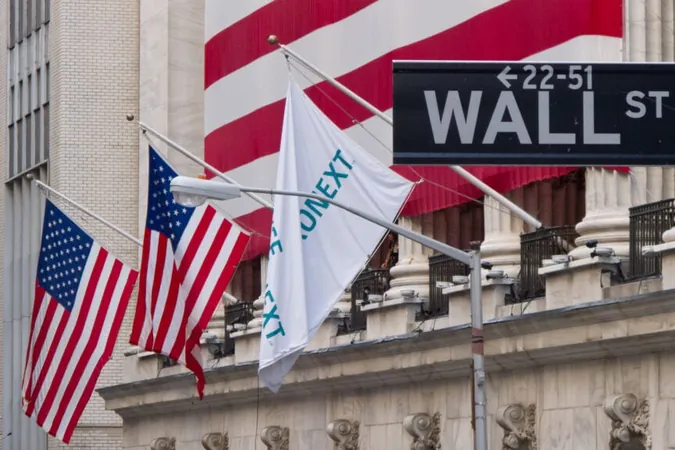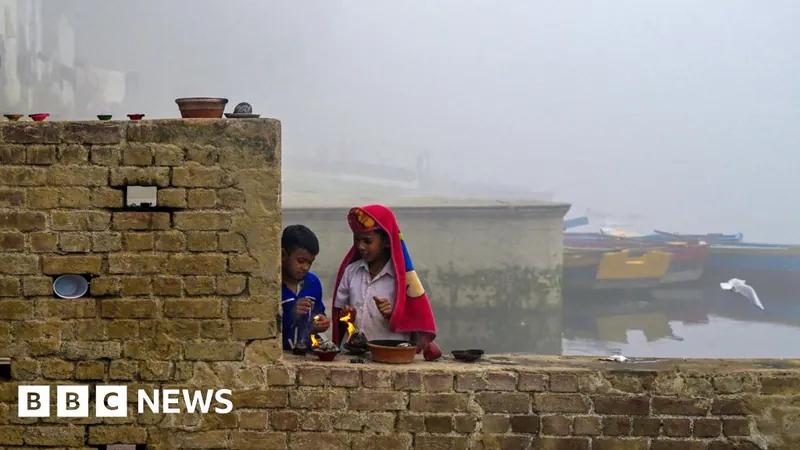
Amsterdam Violence Sparks Fiery Debate in Dutch Parliament: A Call for Unity Amidst Rising Anti-Semitism
2024-11-13
Author: Kai
Overview
In a shocking incident following a match between Maccabi Tel Aviv and Ajax, five Maccabi fans found themselves hospitalized after being attacked by assailants on scooters, sparking a nationwide discussion on rising anti-Semitism in the Netherlands. Dutch Prime Minister Dick Schoof condemned the violence, describing it as “unadulterated anti-Semitism.”
Details of the Incident
The attack, which took place shortly after the match, was reportedly fueled by social media provocations encouraging violence against Jewish individuals. Witnesses noted that groups quickly mobilized, engaging in “hit-and-run” assaults on unsuspecting Maccabi fans throughout the city.
Political Reactions
Right-wing MP Geert Wilders, leader of the largest party in the coalition government, stirred controversy by attributing the violence primarily to “Muslim perpetrators,” particularly highlighting individuals of Moroccan descent. He urged that the assailants be prosecuted for terrorism, emphasizing, “This is the first time since the Second World War that there has been a pursuit of Jews.” Wilders faced backlash from opposition parties who accused him of exacerbating tensions rather than seeking solutions.
Calls for Unity
In contrast, left-wing leaders, while expressing solidarity against the violence, called for constructive dialogue with the Muslim community, arguing that division would only deepen societal rifts. Opposition Leader Frans Timmermans stated, “You are simply stoking the fires while this country has a need for politicians to unite people and find solutions.”
The Role of Local Leadership
Amsterdam's Mayor, Femke Halsema, referred to the attacks as a “poisonous cocktail” of anti-Semitism and hooliganism, spotlighting that the environment preceding the match contributed to the outbreak of violence. Events leading to the match included anti-Arab chants from Maccabi fans and the burning of a Palestinian flag, incidents that likely inflamed tensions within Amsterdam's diverse community.
Wider Context of Polarization
The rise in such violent incidents is occurring in the context of increasing polarization across Europe, particularly following the outbreak of conflict between Israel and Hamas, which has seen a surge in both anti-Semitic and Islamophobic acts. Community leaders, representing Amsterdam's Muslim populace, expressed their concerns regarding the heightened scrutiny and stigma faced by their community in the wake of these attacks. Achraf El Johari, a representative, articulated the collective concern where societal bonds among Amsterdam residents are fraying, stating, “We don’t dispute that there was indeed talk of Jew-hating... but you can’t draw a line back to include a whole group.”
Government Response
In response to the growing alarm over rising anti-Semitism, Prime Minister Schoof announced that the government would take definitive measures to combat this societal issue. As of now, eight individuals remain in custody, and authorities continue to investigate the incidents that sparked intense debate in the Dutch Parliament.
Conclusion
As Amsterdam grapples with these complex and troubling dynamics, the call for unity and constructive dialogue is becoming increasingly vital to ensure a cohesive societal fabric in the face of such escalating violence.



 Brasil (PT)
Brasil (PT)
 Canada (EN)
Canada (EN)
 Chile (ES)
Chile (ES)
 España (ES)
España (ES)
 France (FR)
France (FR)
 Hong Kong (EN)
Hong Kong (EN)
 Italia (IT)
Italia (IT)
 日本 (JA)
日本 (JA)
 Magyarország (HU)
Magyarország (HU)
 Norge (NO)
Norge (NO)
 Polska (PL)
Polska (PL)
 Schweiz (DE)
Schweiz (DE)
 Singapore (EN)
Singapore (EN)
 Sverige (SV)
Sverige (SV)
 Suomi (FI)
Suomi (FI)
 Türkiye (TR)
Türkiye (TR)